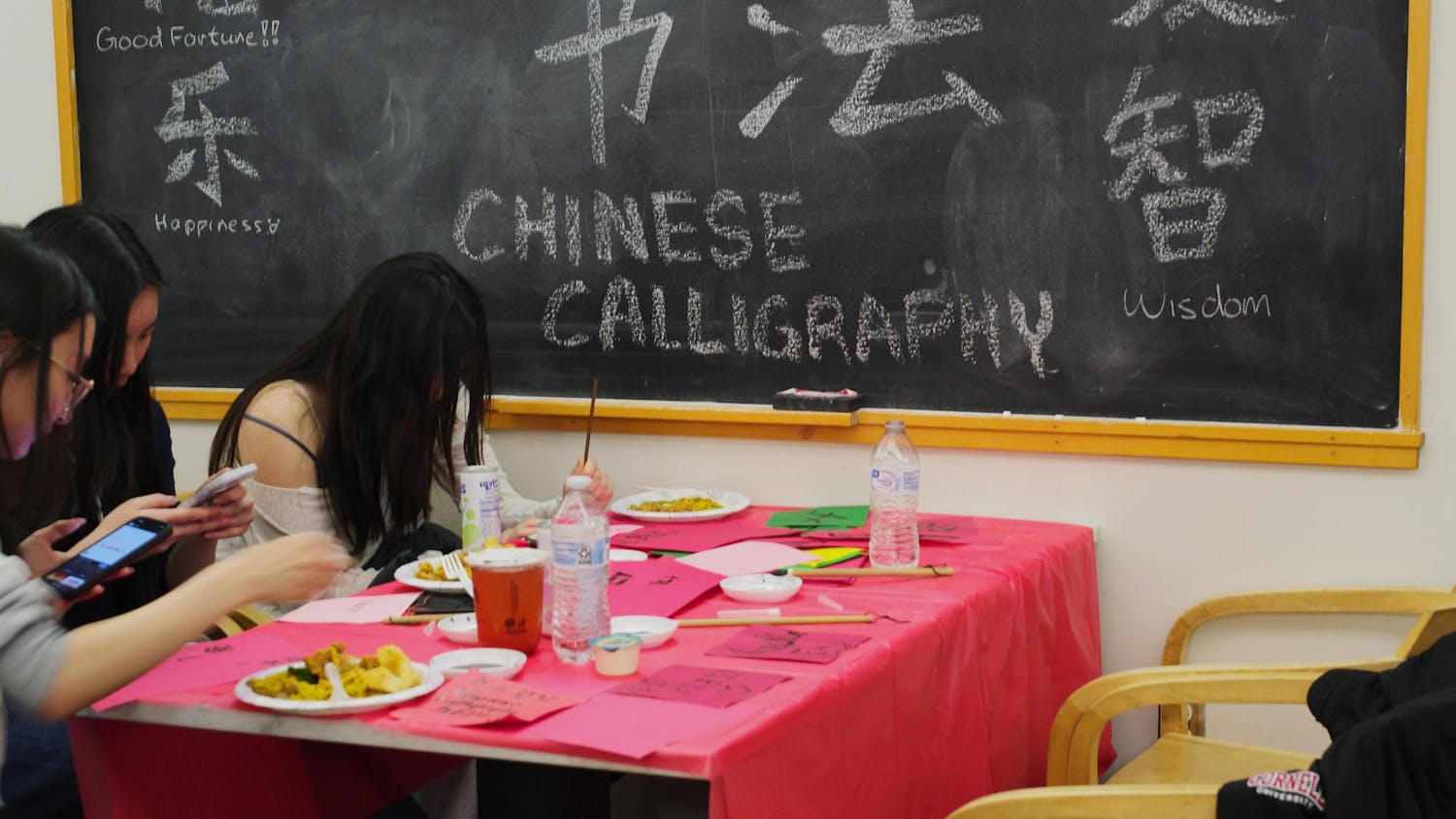Graduate students say they are being harassed and “emotionally blackmailed” by members of Cornell Graduate Students United, as the group fights to gain the signatures it needs to put unionization to a vote.
According to CGSU’s code of conduct agreement with Cornell, the union must obtain authorization cards from 30 percent of the bargaining unit — which consists of students like teaching assistants, who are employed directly by the University — in accordance with guidelines provided by the National Labor Relations Board.
Critics of CGSU say representatives’ visits feel like solicitations by salesmen, as though “someone [is] trying to sell you something that you’re not really prepared or interested in at the time,” according to Juan Guzman grad.
Students said union members have frequently spoken to them at their offices and over the phone. Some, like Ruidong Chen grad, were even visited at their homes.
“I was going home and as I was going in the door, there was two people asking if you are Ruidong — because I guess they have a list of people’s pictures and names and addresses,” Chen said. “I was surprised that they’re actually going to people’s [houses], going door to door.”
Other graduate students worry that CGSU members adopt an intentionally negative tone during these in-person visits, by initiating encounters with questions such as “Do you have a problem with your advisor?”, according to Siddarth Chandrasekaran grad.
These questions are a result of the way Chandrasekaran says CGSU implies that there is a divide between students and the administration on campus.
“I think CGSU has a way of presenting their story in a way where they can potentially be polarizing the campus,” he said.
Maggie Gustafson, a member of CGSU, defended these in-person solicitations as a normal part of the unionization process, although she acknowledged that requests may feel uncomfortable to graduate students on both sides of the table.
“Organizing campaigns put people out of their comfort zone, both organizers and the people they’re trying to reach,” Gustafson said. “I think that discomfort is normal, but it doesn’t mean that the cause and the campaign aren’t good and aren’t worth it.”
Following their initial meetings with the union, some graduate students have said they feel that opposition or hesitation is not accepted by CGSU members. For Teja Bollu grad, raising concerns about the effectiveness of a union has “always been mischaracterized” by CGSU, which equates it to disdain for the welfare of fellow students.
“Characterizing the whole population who has opposition to the union as unconsidered with welfare of their fellow students and very narrowly focused on their own self-interests — I think [this] is unacceptable,” Bollu said.
He added that the process through which union members attempt to gather membership cards is an additional point of critique by graduate students has also involved what he calls “emotional blackmail.”
“The idea [is] that if you are not signing this, you don’t care enough about other students,” he said. “Just because you have it good and other people are suffering, you are selfish and that’s why you do not want it.”
When Guzman and a fellow graduate student resisted signing membership cards, the union members “were pretty forceful about asking us the reasons, the discrete reasons why we didn’t want to,” Guzman said.
Ultimately, some students said they signed membership cards so CGSU would leave them alone.
Addressing the pressure students may feel during their interactions with the union, Gustafson argued that the decision-making process comes down to the individual.
“I don’t think there’s any intent to shame people. I think there’s more of an intent to make people aware of what’s happening around them,” she said. “It’s up to individuals to decide how much of a part they would like to play or not in our approach to changing that.”
Not all graduate students share this view of their encounters with CGSU. Jordan Jochim grad said that he has “found that [CGSU and AFT members] are genuinely invested in the wellbeing of the graduate students here and are really motivated by ensuring adequate working conditions and outlets for shared governance.”
The number of graduate students who have signed membership cards is currently unknown. Because of what she referred to as “strategic” decision, Gustafson, on behalf of the union, declined to comment on the number of membership cards CGSU has collected.
Although the agreement requires this minimum amount of support, “the kind of union we’re trying to build, the kind of community we’re trying to build, we’re not going to vote at 30 percent,” Gustafson said.
She explained that CGSU will initiate the vote at a currently undetermined time, when it feels it has involved the entire community in the process and the movement “really has groundswell support.”
“A big part of our campaign is making sure that everybody has a say and has a voice and gets to participate. And we can’t do that if we can’t talk to people,” Gustafson said. “We are trying to build a community and that requires frequent and or constant outreach.”

Graduate Students: CGSU Coerces Members With ‘Emotional Blackmail’
Reading time: about 5 minutes
Read More










